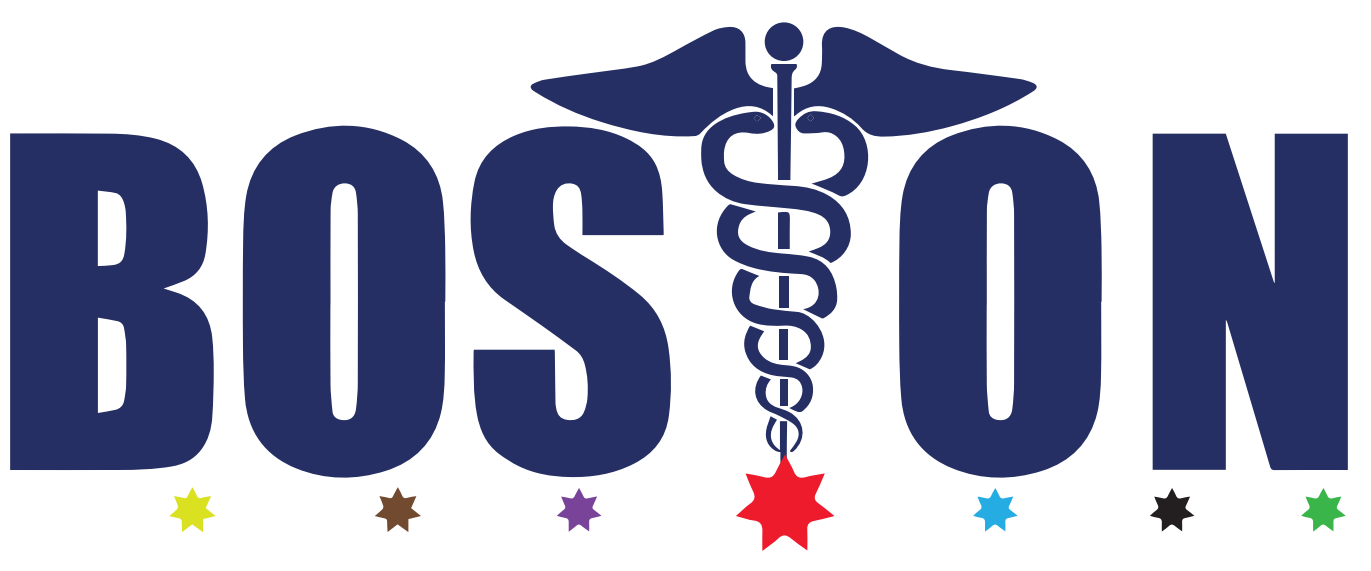How Vitamin A Deficiency Affects Livestock Health and Productivity
Vitamin A is a crucial nutrient that plays a significant role in the overall health and productivity of livestock. Its impact stretches far beyond just maintaining vision, it’s a vital component for immune function, reproduction, and even growth. However, when livestock don’t get enough of this essential vitamin, the effects can be profound, leading to various health issues and a decline in productivity. Let’s explore how a deficiency in Vitamin A can affect your livestock and what you can do to prevent it.
What Is Vitamin A and Why Does It Matter?
Vitamin A is a fat-soluble vitamin that is essential for maintaining good vision, a robust immune system, and healthy skin and mucous membranes. In livestock, it’s not just about keeping the animals healthy but also about ensuring that they thrive, reproduce efficiently, and yield high-quality products like milk and meat. Unlike some nutrients that animals can synthesize themselves, Vitamin A must come from their diet, primarily through green forage, hay, or supplemented feeds.
Signs of Vitamin A Deficiency in Livestock
Spotting the signs of a deficiency early can help prevent long-term damage to your herd. Here are some common symptoms to watch for:
- Vision Problems: Just like in humans, a lack of Vitamin A can lead to issues with night blindness in livestock. You may notice that animals become hesitant to move in low-light conditions or seem disoriented during dusk or dawn.
- Reproductive Issues: s is essential for reproduction in both male and female animals. Deficiency can cause fertility problems, such as irregular estrous cycles in females and low sperm quality in males, leading to reduced breeding success.
- Growth Retardation: Young animals, in particular, need Vitamin A for proper growth. Deficient calves, lambs, or kids may show signs of stunted growth and be more susceptible to infections.
- Respiratory and Digestive Issues: A weakened immune system is one of the first things to suffer from a lack of Vitamin A. This makes livestock more vulnerable to respiratory infections, digestive disorders, and overall poor health.
The Impact on Productivity
Vitamin A deficiency isn’t just a health issue, it’s a productivity problem too. Livestock that aren’t at their healthiest can’t produce to their full potential. Here’s how this deficiency can directly impact your bottom line:
- Reduced Milk Production: In dairy animals like cows and goats, low levels of Vitamin A can lead to a significant drop in milk yield. This is because Vitamin A plays a role in maintaining the integrity of the mammary glands and overall milk production capacity.
- Lower Quality Meat: For meat-producing animals, Vitamin A contributes to muscle development. A deficiency can lead to a slower growth rate and poorer quality meat, affecting the economic return for farmers.
- Higher Veterinary Costs: With Vitamin A deficiency, you’re likely to see an increase in veterinary visits. The cost of treating infections, reproductive disorders, and other related issues can add up quickly.
How to Prevent Vitamin A Deficiency
Thankfully, preventing Vitamin A deficiency in livestock is usually straightforward with proper management and diet. Here are some effective ways to ensure your animals get enough of this crucial nutrient:
- Feed Quality Green Forage: Ensuring that your livestock has access to these can significantly reduce the risk of deficiency. If fresh forage isn’t available, high-quality hay can be a good substitute.
- Use Supplements When Necessary: In cases where natural sources aren’t sufficient, Vitamin A supplements can be added to feed or provided as injections. These supplements can be a lifesaver during winter months or in areas with limited green pasture.
- Monitor Feed Quality: Store feed properly to prevent the loss of Vitamin A, as it can degrade when exposed to light and air. Using well-preserved silage and avoiding moldy or stale feed helps maintain the vitamin content.
Conclusion: Investing in the Health of Your Livestock
Vitamin A deficiency can have a significant impact on the health, growth, and productivity of your livestock, but with the right approach, it’s entirely preventable. By ensuring a diet rich in Vitamin A, monitoring the health of your animals, and being proactive about supplementation, you can keep your herd thriving. A healthy herd not only brings peace of mind but also ensures a more profitable and sustainable operation for you.
The Future of Veterinary Medicine: Challenges and Opportunities in Livestock Care
Bost-K3 Plus is a premium Vitamin K3 supplement designed for poultry, rabbits, and ruminants. It pre
The Impact of Veterinary Care on Farm Animals
Farm animals like poultry and livestock are vital to agriculture and food production. Behind the sce
The Role of Probiotics in Maintaining a Healthy Gut in Poultry
Probiotics, the live micro-organisms that offer health benefits when consumed in adequate amounts, h

